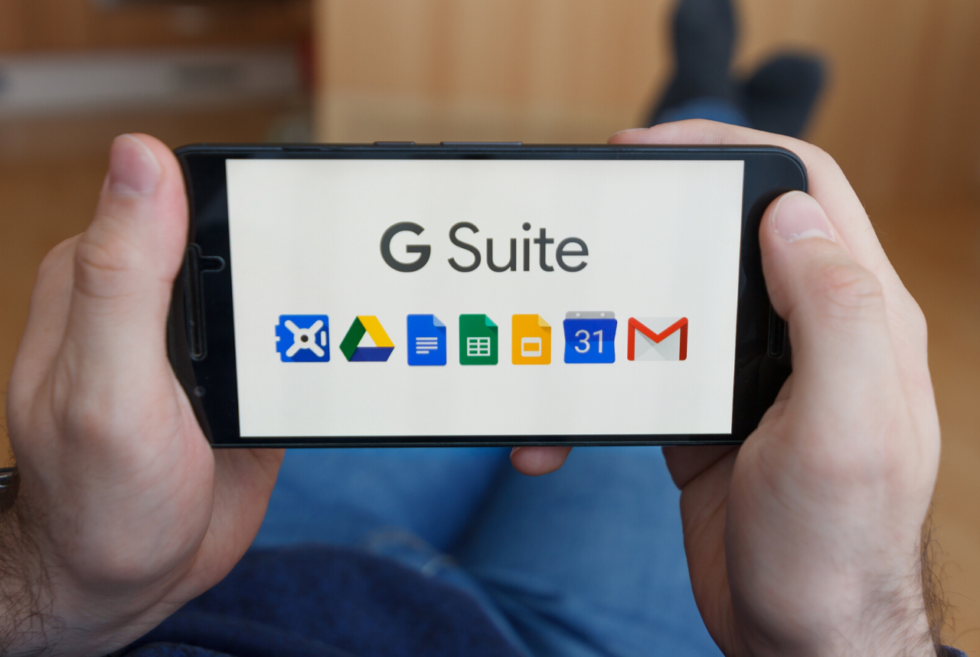Building and running a profitable business isn’t easy. Managing marketing and sales campaigns, overseeing projects, keeping your accounts up to date, and leading your team are just a few of the responsibilities that come with being an entrepreneur. Fortunately, there are hundreds of great apps and tools that make running a business more straightforward. Here are ten tools that will help you run a profitable business in 2020, whatever your niche.
- Boxmode: There are dozens of website platforms for small businesses, and Boxmode is one of the easiest to use. With its drag and drop editor, Boxmode makes it simple to create a professional web presence for your business that will impress clients and grow your sales. Just choose one of Boxmode’s many templates, customize it with your content, and publish it to the web within minutes. All Boxmode templates are mobile-optimized, so your site will look fantastic on any sized device. You can also use Boxmode’s advanced SEO tools to improve your search engine visibility.
- G Suite: G Suite is a set of cloud-based communication and productivity tools from Google. You can use it for data storage, video conferencing, creating and editing documents, event-scheduling, and email. If you are leading a team, you can choose who can access each document and safeguard confidential information. There are several plans available that start at just a few dollars per month.
- Slack: If you want an easy-to-use, free instant messaging platform that lets you communicate with your team or business partners, Slack is one of the best options. You can set up multiple chatrooms (“channels”) and control who can access them. You can add attachments to your messages, meaning there’s no need to send anyone an email. If you’re collaborating with someone outside your company, you can use Slack Connect to set up a channel where people from multiple businesses can interact.
- MailChimp: MailChimp was originally designed as an email marketing service. It manages your subscriber list, lets you set up automated email campaigns, and put together newsletters. However, MailChimp now offers other marketing services, including tools for building landing pages, creating surveys, and registering domain names. There are four plans available for any sized business, including a basic free option.
- Hootsuite: Social media marketing is essential for all businesses, but handling multiple social media accounts can be time-consuming. Hootsuite provides you with a single dashboard that gives you an overview of all your search engine traffic and social media engagement, making it simple to plan marketing campaigns and track your success. You can schedule social media posts across more than 35 networks. If you want to advertise on Instagram or Facebook, Adespresso by Hootsuite and Hootsuite Ads will guide you through the process of creating, optimizing, and managing your campaigns.
- Freshbooks: As a business owner, you need to stay on top of your billing, expenses, and invoices. Freshbooks is a cloud-based application that helps keep your finances in order and collect payment from your customers. It includes a tracker you can use to monitor your billable time and check up on your team’s productivity.
- Asana: Asana is a project management tool designed for remote teams. You can use it to map out every stage of a project, set deadlines, manage your schedule, and assign tasks to each team member. The interface lets you create a visual timeline for your project, making it easy to track your progress. Using the Rules feature, you can automate important tasks or actions to ensure that your team members never skip any steps when working on a project.
- Canva: Do you need to produce graphics, social media posts, presentations, banners, or reports for your business, yet lack any kind of design skills? Canva is a cheap alternative to hiring a graphic designer. You can pick from hundreds of templates and customize them to create attractive, professional designs. It’s free to sign up, and Canva provides lots of free elements you can use anywhere without worrying about infringing copyright. If you want to access more images and even more design features, you can sign up for a premium account.
- Shopify: Shopify is one of the most popular all-in-one e-commerce solutions. You don’t need any coding experience to set up your online store, showcase your products, ship items around the world, and take payments. If you already have an online store, you can use Shopify’s migration service to move it to their platform. If you aren’t sure whether it’s the right fit for your business, you can sign up for a free trial without a credit card.
- Insightly: Insightly is a customer relationship platform that lets you track marketing campaigns, sales, and projects. It helps you organize customer data, target highly specific groups of people, and analyze marketing metrics such as bounce rate, open rates, and click-through rates. The interface provides a simple and intuitive way of understanding your customers’ journey and boosting your sales.







